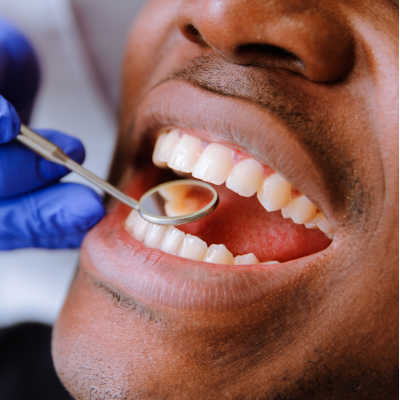Signs You Need Root Canal Therapy
Several symptoms can indicate you need a root canal. If you are experiencing these, it may not be too late to save your natural tooth.
Persistent Pain
One of the most significant indicators that suggest you need root canal treatment is persistent pain. If you experience sharp, throbbing pain in your tooth, especially when you bite down or apply pressure, it could be a sign of infected pulp. The pain can also spread to your jaw, ear, or neck, indicating that the infection has spread beyond the tooth.
Sensitivity to Temperature
Do you experience discomfort or pain when you consume hot or cold beverages or food? This temperature sensitivity could indicate that the nerves inside your tooth are damaged or infected and that you need root canal treatment.
Gum Swelling and Tenderness
If you notice swelling or tenderness in your gums around the affected tooth, it could be a sign of an abscess. An abscess is a pus-filled pocket that forms at the tooth’s base and can cause severe pain and discomfort. In such cases, root canal treatment is essential to prevent the infection from spreading to other parts of the body.
Tooth Discoloration
An infected tooth can appear discolored or darkened, indicating that the pulp inside is damaged. If your tooth has changed color and you experience pain or sensitivity, seek immediate dental treatment.
Cracked or Chipped Tooth
A cracked or chipped tooth can expose the pulp, leading to infection and decay. If you notice a crack or chip in your tooth and experience pain or sensitivity, you should consult your dentist immediately.
Persistent Pimple on the Gums
Also known as a dental abscess or fistula, this can be a sign of an infection draining from the tooth. It may also be accompanied by pus, which can give a bad taste in the mouth.
If you are experiencing any of these symptoms, contact a dentist near you to discuss if you may need a root canal. Our dentist will work to fix the infected tooth with the root canal procedure and a temporary filling until your tooth heals and a permanent crown can be affixed.


